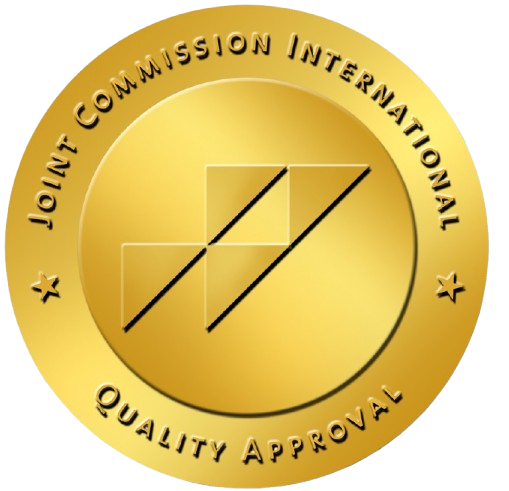When should you see a nutritionist?
Cases that must be referred:
1. Obese and overweight patients:
Patients who desire weight loss programs.
Follow-ups for weight loss operations (gastric balloon, sleeve gastrectomy, gastric bypass).
Metabolic syndrome cases.
2. Underweight or malnourished patients:
Cases suffering from acute or chronic weight loss.
Patients suffering from loss of appetite.
Poor absorption of food resulting from digestive system problems.
Vitamin and mineral deficiency (such as iron, calcium, or vitamin D deficiency).
3. Hyperlipidemia patients:
Patients suffering from high total or harmful cholesterol (LDL).
Cases suffering from high triglycerides.
Patients who need dietary plans to improve the lipid profile.
4. Hypertensive patients:
Cases Who need sodium-free or low-sodium diet plans.
Patients with high blood pressure associated with overweight or obesity.
5. Diabetic patients:
Patients with type 1 or type 2 diabetes.
Gestational diabetes patients.
Children with diabetes.
6. Kidney patients:
Cases of chronic renal failure in the early and advanced stages.
Patients on dialysis.
Patients who have undergone a kidney transplant.
7. Digestive and food-related disorders:
Irritable bowel syndrome.
Patients who suffer from gluten sensitivity (Celiac disease).
Lactose problems or food allergies.
Follow-up of patients after cholecystectomy.
.8 General Nutrition Consultations:
Evaluating diet and getting advice to improve eating habits.
Preparing personal nutrition plans for athletes.
Required tests according to the case:
1. General tests for all cases:
Complete blood count (CBC)
(FBS, HbA1c). Sugar to be solved
Blood fat analysis (Lipid Profile)
2. Vitamins and minerals:
Iron analysis and its stores (Ferritin, Iron)
Vitamin D levels
Vitamin B12
Calcium and magnesium analysis
3. Specific tests for obesity and metabolism:
Insulin level
Thyroid hormone analysis (4FT, TSH)
4. Additional tests for special cases:
Food sensitivity analysis (Urea, Creatinine). Kidney functions
Liver functions analysis. (AST, ALT)




